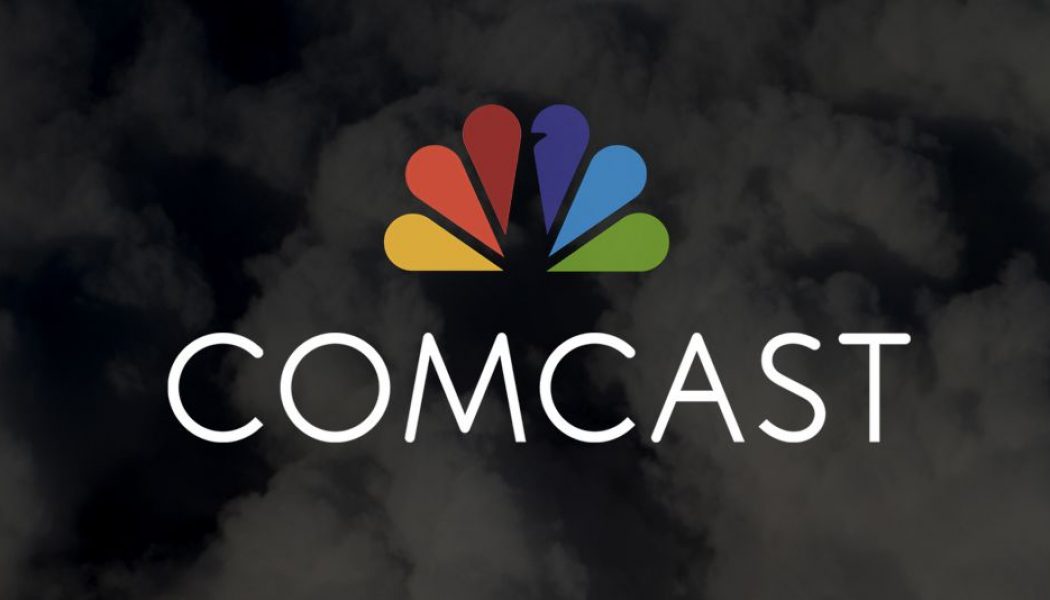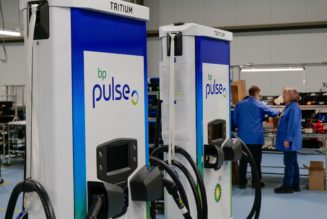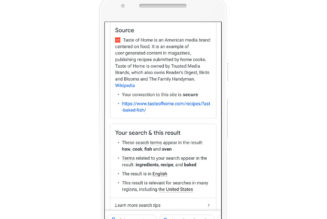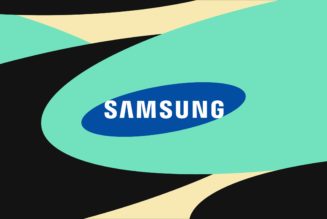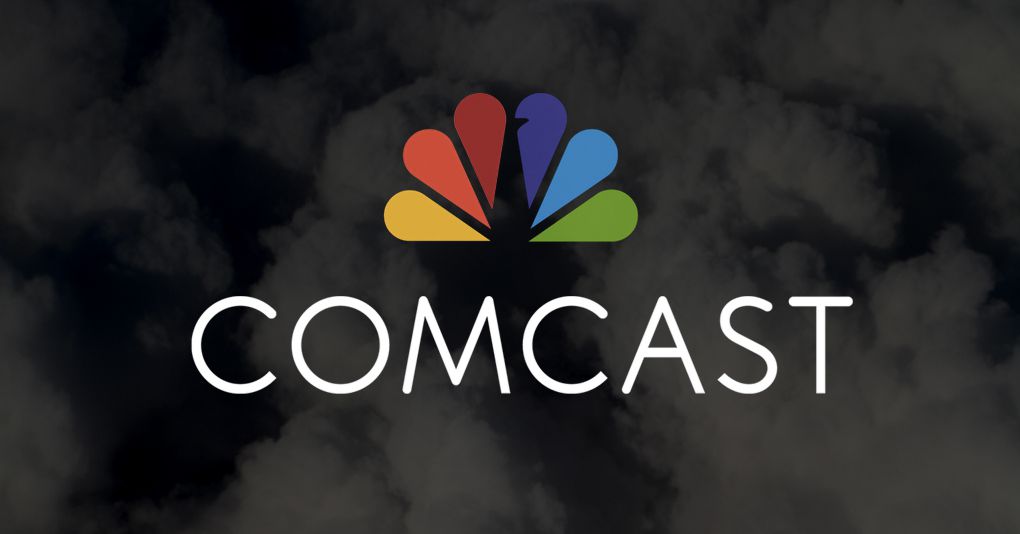
Comcast is extending its COVID-19 support programs through June 30th, 2021, including the free Wi-Fi and educational resources it offers at local community centers throughout the US. The company says this is the third time it has extended its programs during the pandemic.
Community centers that offer free Comcast internet access are called “Lift Zones” by the company, though what’s most important is how they’re meant to reach low-income students who might have inconsistent internet access at home. Switching to remote learning or a combination of in-person and online instruction has made internet access critical for students, so having a place to log on that’s theoretically close to home helps. Comcast is also extending its Internet Essentials service for low-income households free for 60 days to new subscribers, and access to free Xfinity WiFi hotspots to this new June 2021 deadline as well.
Comcast isn’t alone in offering discounts during the pandemic. AT&T’s “Access from AT&T” program, which offers discounted internet service for families that participate in certain government assistance programs, was expanded to include families that meet a basic income eligibility during the pandemic. AT&T is also waiving data overage fees for all of its home internet plans, though both changes are currently slated to end on December 31st, 2020. Verizon’s offerings are slightly different. The company has a $20 discount on monthly payments for new Fios subscribers who qualify for the Federal Communications Commission’s low-income Lifeline discount program, along with 60 days of free router rentals. Sign-ups are accepted through the end of 2020, and customers can keep the discount as long as they qualify, according to Verizon.
All three companies signed on to the “Keep Americans Connected” pledge created by the FCC in March when the main focus at the time was not terminating internet service for 60 days, whether or not customers were able to pay their bills. Those 60 days have long been up, and despite the pandemic continuing to infect wide swaths of the country, there’s currently no equally expansive measure to protect customers. AT&T, Verizon, and Comcast are all offering ways to maintain your connection — but not without subscribers taking action first.
